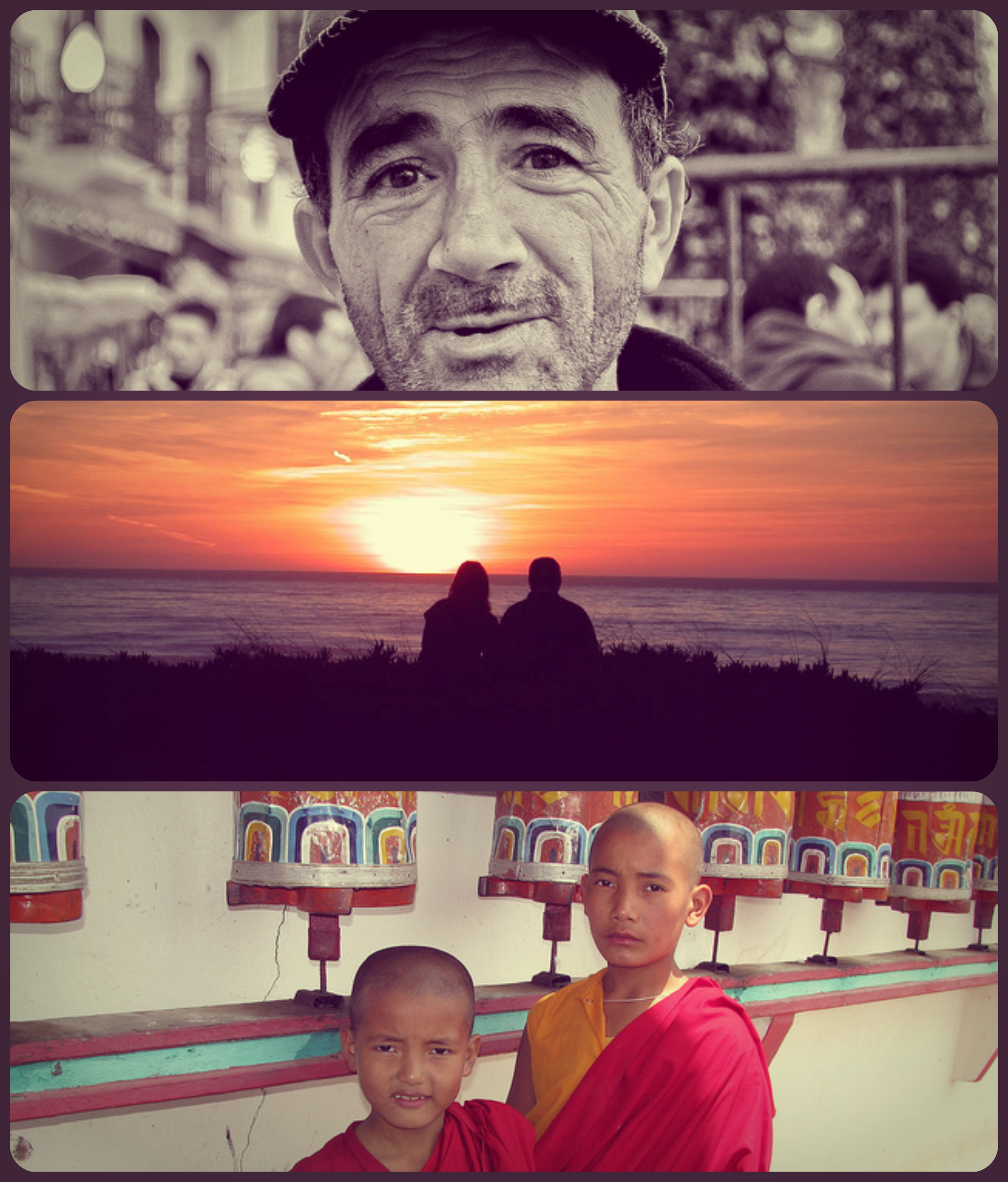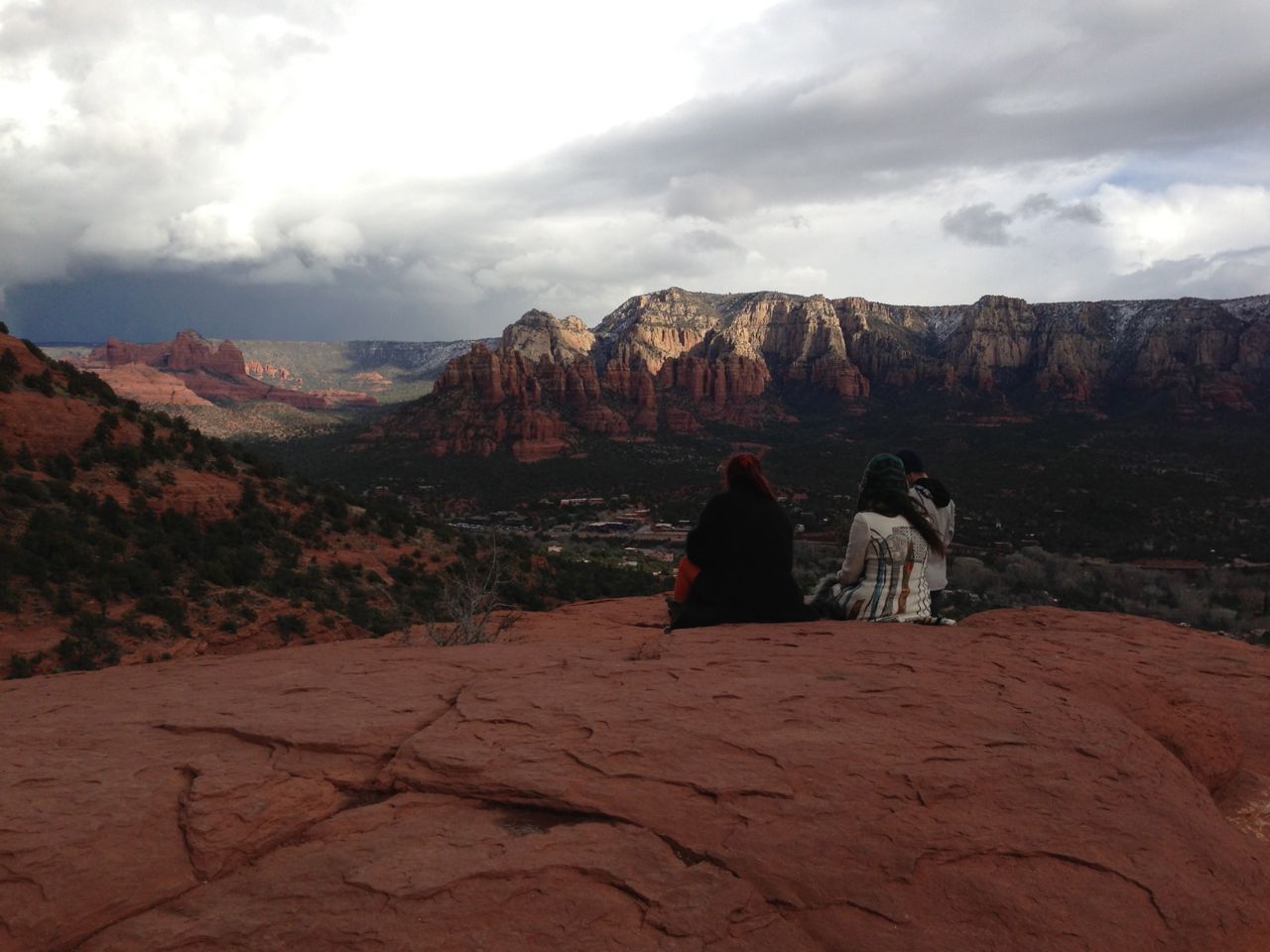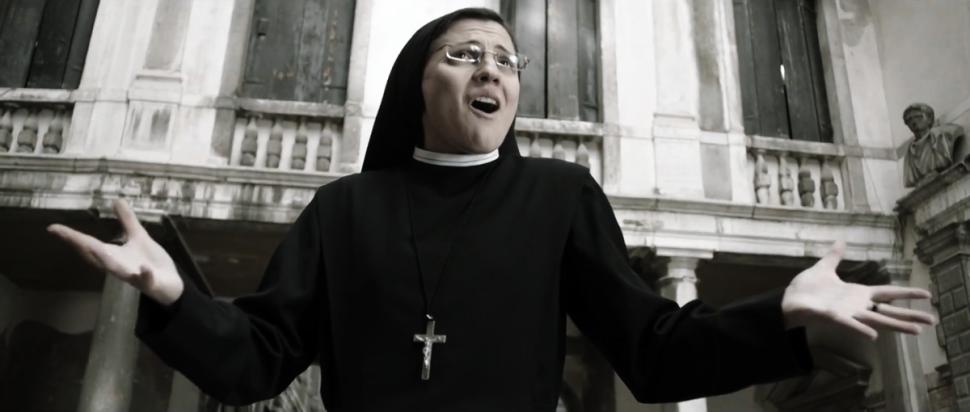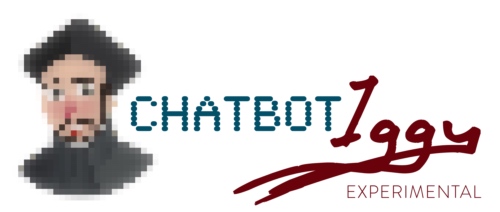This is a guest post by Lance Baker, originally posted on his blog.
“During our lives we help each other: sometimes we help other people, sometimes we are helped by others. But the world is formed so that usually some people mostly help others, and some mostly receive their help.”
– Leo Tolstoy [1]
There is something striking about how Tolstoy expresses this idea of helping and receiving help. The connective tissue of our society lies between the hands of the few who are actually willing to help others most of the time, and those who mostly receive their help.
Of all the people in the world, only a portion mostly helps others. Only a portion mostly receives that help. That means there people out there who mostly try to help people but encounter people that mostly do not receive their help. Conversely, there are people who would mostly receive help from others but don’t encounter those who mostly help others.
The place where the helping and the receiving of help overlap is a sort of demonstration plot of the Kingdom of God—the fertile place where those who mostly help others encounter those who mostly receive their help. It is the place where the “helpers” are compassionate enough to lend a hand and where the “receivers” of that help are humble enough to acknowledge their need for assistance.
There is a natural temptation to limit this conversation to “haves vs. have-nots” classifications, but that would be missing the point entirely. Within each of us is the capacity to help and the need to be helped. Tolstoy’s quote above doesn’t really capture this. It is not as though there are some people who can only help and some people who can only receive help, but rather there are numerous components of our selves that can help others, and numerous components that need to receive help from others.
Part of the journey of life is growing in awareness of how our talents, experiences, and gifts can help others—then developing the appropriate compassion and empathy in order to effectively utilize these riches.
Simultaneously, we must be growing in awareness of our own brokenness, weakness, confusion, doubt, hopelessness, or any area needing assistance—and then be humble and gracious enough to receive help into that area.
When we help without receiving help, or when we receive help without offering it, we fail to complete the circuitry that brings light and life into the world.
At the center of all of this is awareness, self-examination, mindfulness, and the invitation to allow God in to examen our lives. We cannot use what we are unaware of possessing (we also cannot give away what do we not posses), and we cannot receive help if we are not aware of what we lack.
What experiences, practices, or resources have helped you grow in awareness of your gifts, your vocation, or talents? What experiences, practices, or resources have helped you grow in awareness of your areas of need? What can you do to continue cultivating each of these?
Lance Baker holds a Bachelors in Philosophy and Religion and recently completed his Masters in Spiritual Formation and Leadership through Spring Arbor University. He hopes to simply be another companion to those who are trying to ask deeper questions and see with increasing clarity. Be sure to read his blog, Quiet Pilgrim.
[1] From Tolstoy’s A Calendar of Wisdom: Daily Thoughts to Nourish the Soul, Written and Selected from the World’s Sacred Texts
| If you’d like to write for God In All Things please see the Submissions page. |










Trackbacks/Pingbacks